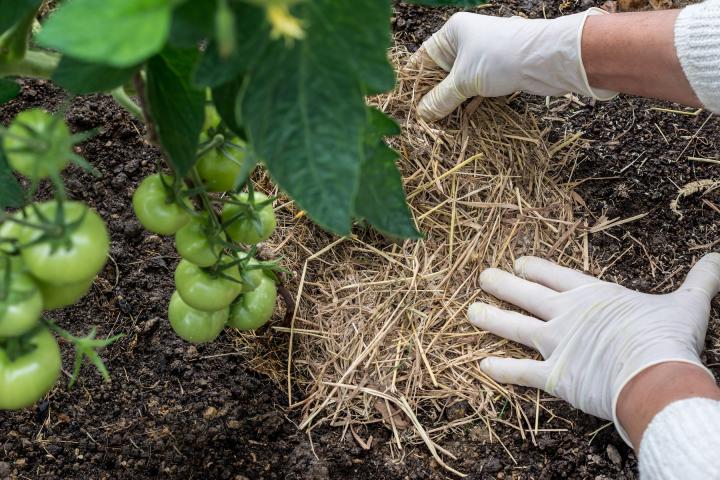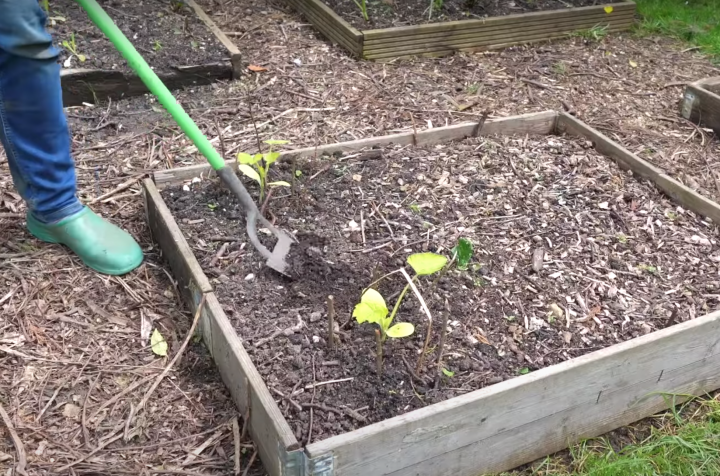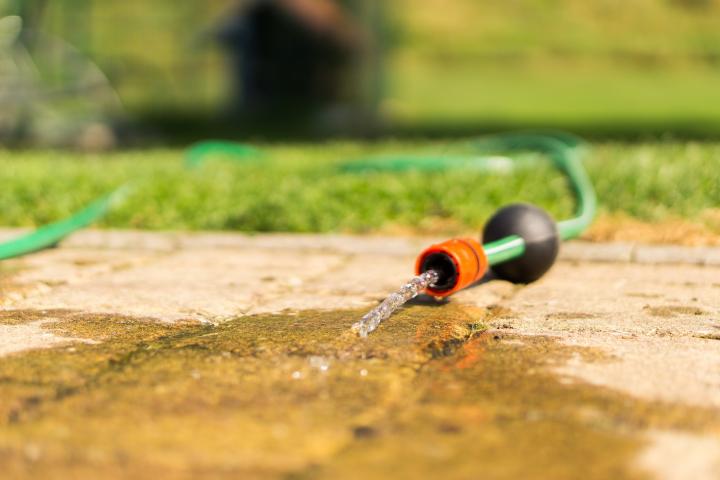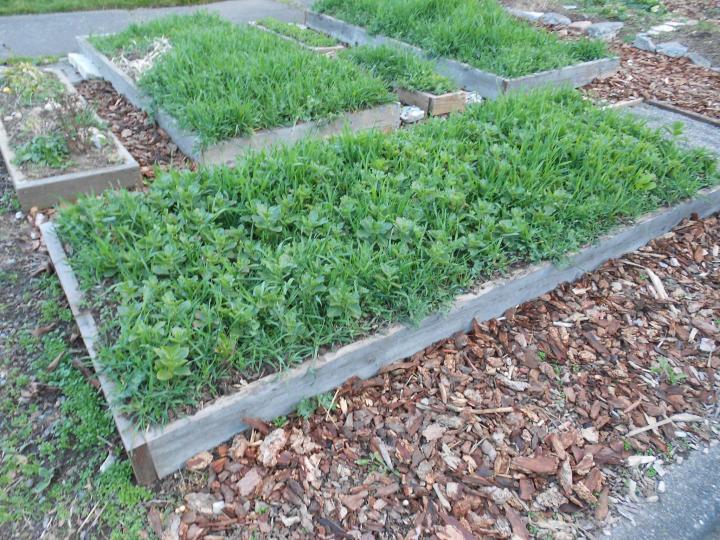
How to Eliminate Garden Weeds Without Chemicals
The Almanac Garden Planner - Use It Free for 7 Days!
Plan your 2025 garden with our award-winning Garden Planner.
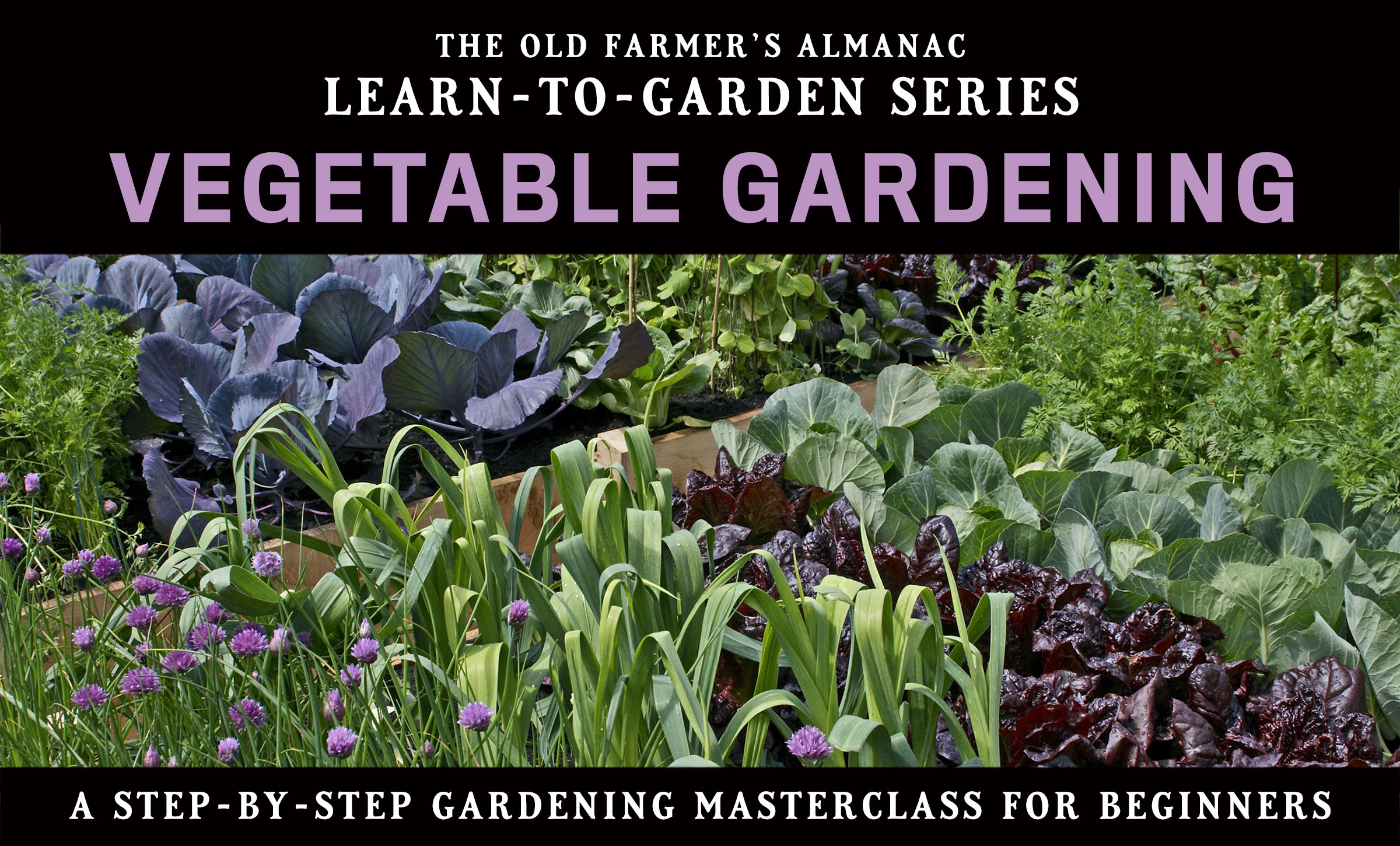
Getting Started
Planning For a Garden
Planting a Garden
Plant Growing and Care
Harvesting and Storing Vegetables
ADVERTISEMENT
I suspect the reason we continue to seek good tools to solve some of our problems is that our old reliables get dull and handles are not maintained. I'm not the best preacher, but a sharpened tool works much more easily (less labor and pain) than the dull ones. There are many tools for sharpening. This could be a good project for the end of the harvest time when things settle a bit. A bit of linseed oil on the handles preserves them. A bit of carnuba wax can help lubricate the surface for those tools where you want/need your hands to slide. More could be said on these issues. However, don't wait 'til later to sharpen if it is needed now.
Thanks for giving me this information. This post contains valuable and unique information, and I know it takes time and effort to create an excellent article.
I find using a long screwdriver works nice for loosening up the soil to pull out the roots.
Manually weeding makes us spend time in the sun. Which is surprisingly healthy. Light therapy is an emerging science that's likely going to become mainstream. I.E., there's a form of light called near infrared light (700 – 1400 nm) that humans can't see, but it can penetrate our skin. Penetrating our skin, near infrared light waves do things like facilitate the energy generators (mitochondria) in our cells and trigger damage repairs. This science first emerged accidentally when a scientist tried using lasers to kill cancer cells in mice. Unknown to the scientist, the device was mistakenly manufactured to produce weaker light than intended. Surprisingly, that light healed the mouse's skin and regrew their hair.
Over the last 10 years technology has developed that expels near infrared light waves, and there's stories of people using them to miraculously improve acquired brain injuries they've had for 10+ years. It makes sense our bodies evolved to take advantage of the sun. But for those of us doing stuff like office work all day, we probably don't spend as much time in the sun as we should. So at least manually weeding gives us a productive way to do it.
We have bindweed throughout our lawn......pull at it every year now for about 4 years. Will it finally tire out at some point? Most of the recommendations refer to bindweed in the gardens, and yes we do have some there, but is easier to control when outside the lawn. Can cover with mulch and easier to pull. When it gets threaded & wound through a lawn it's a different animal. Any ideas how to get at it easier in the lawn would greatly be appreciated. Thank you. And good luck to us all with weeds eh......they seem to flourish better in this hot weather. Regards & Thanks.
Yep, you can’t just pull out bindweed or you’ll be pulling your entire life! If you’re looking for an organic bindweed lawn killer, there’s not a lot you can do. See our page on bindweed and truly noxious weeds here: https://www.almanac.com/6-noxious-destructive-invasive-weeds-and-how-get-rid-them
Weed control is perhaps the toughest endeavor or activity for anyone who starts the process blindly. However, with the techniques provided here, you can make it your every weekend activity. Neither technical training nor a lot of money is required to master finally, the weed control technique that best works for you.
Avoid this evil Monsanto product at any cost please, polluting the ground for ever!
This weed is the bane of my garden. I was pulling. Found out that was wrong! Now pinching at ground level. Have used vinegar with some results but this plant is a monster. More ideas? We just turned a whole bed into a heat sink sadly to try to smother it
I feel your pain. I live in zone 5b also, and unfortunately have not yet overcome. But I'll share what I have found. 1. One person cut the bindweed at ground level, covered with paper or cardboard, put mulch over that, and left over winter before planting his garden. It worked for him. He has to spend about 5 min. a week weeding where it has come through. This is in England, so I don't know how that translates to our soil and climate. 2. Bindweed grows best where the soil is poor. (Not that it won't grow anywhere else). But anyway, someone claimed that they just kept after it, as well as enriching and lightening the soil year after year, growing their garden plants anyway. After not too many years of this, they claimed the bindweed just kind of gave up. (I would like verification). 3. I am trying my variation on both. I am cutting the weed at ground level, (making sure the tops are thrown out). I am putting cardboard over it, and covering that with dry leaves (I have access to a lot), and planting in spaces between as much as possible. I already have to watch it, as it likes to to coil up in white stems, or even grow out to the edge into the sunshine. I am enriching where I plant what I want to grow. I haven't been able to find better advise anywhere, and believe me, I have looked. I am unwilling to use poison on it, as that would poison whatever I grew next. Let me know if you find anything!
How do you get rid of dollar weed?
Yard full.


